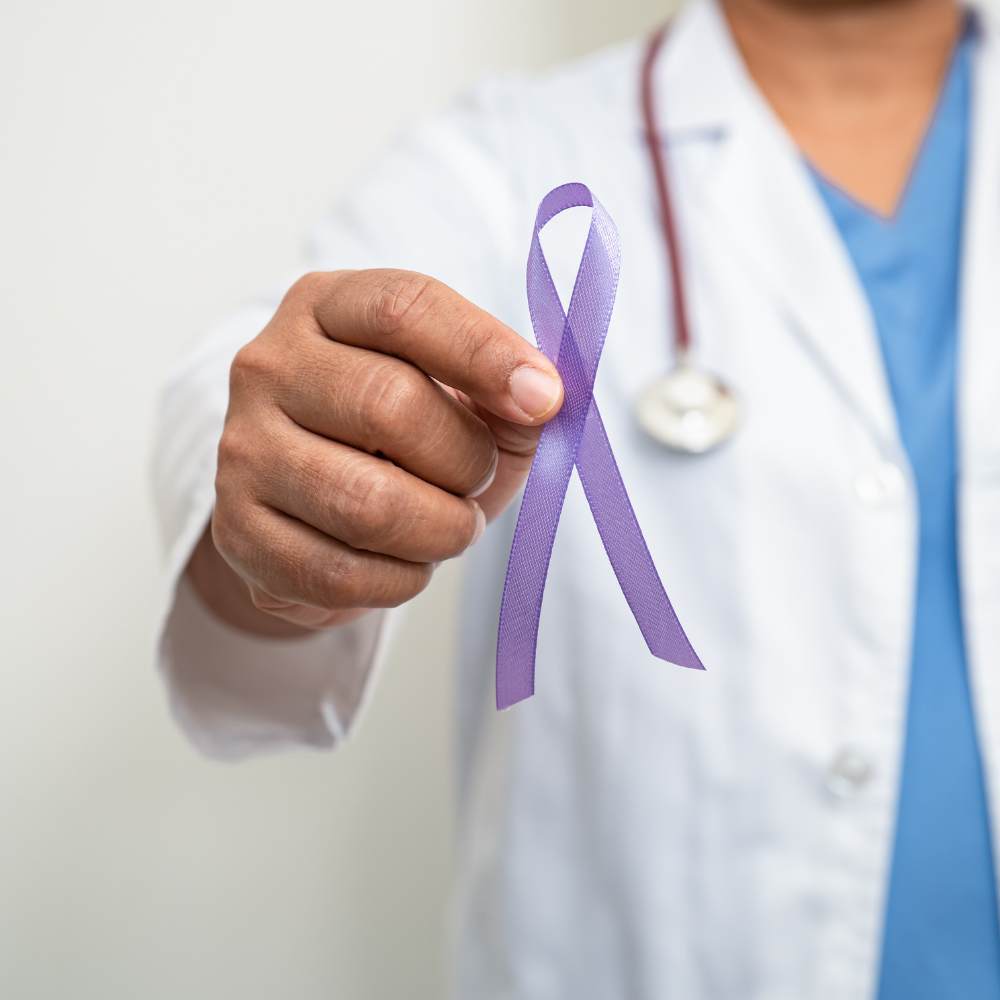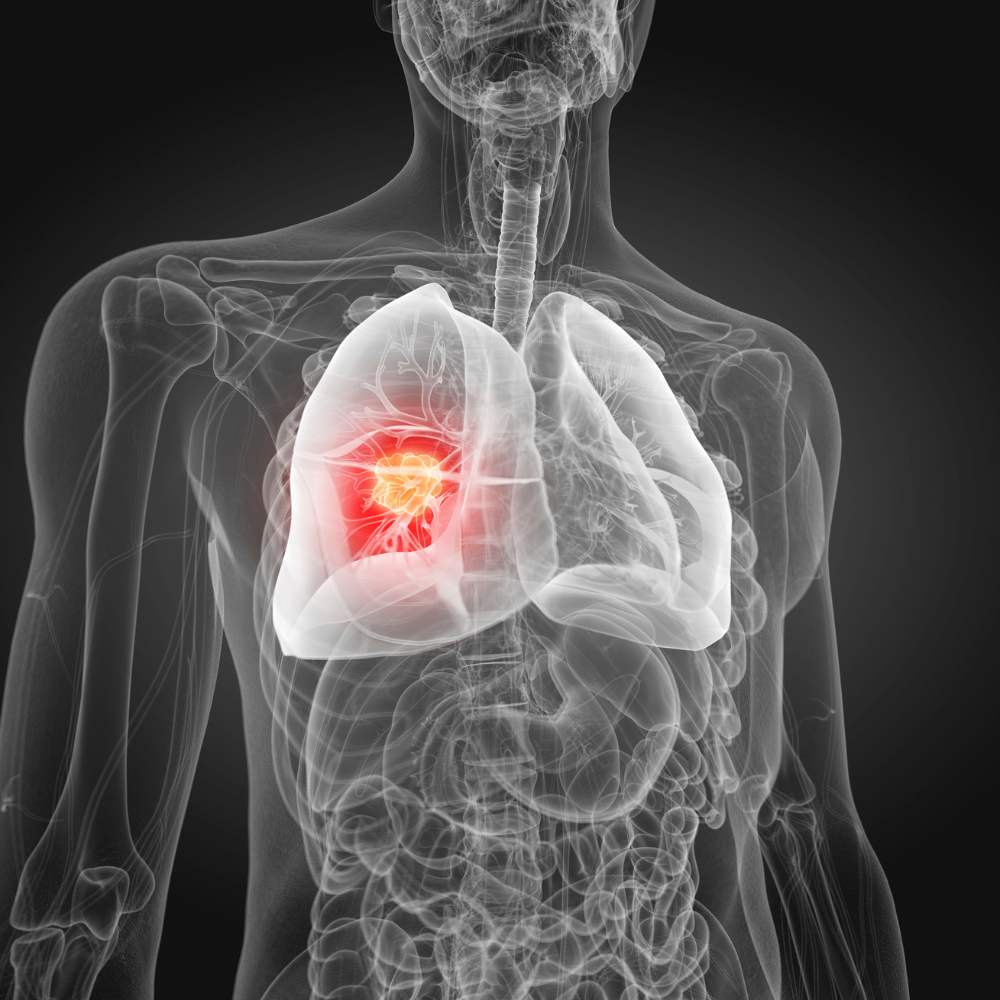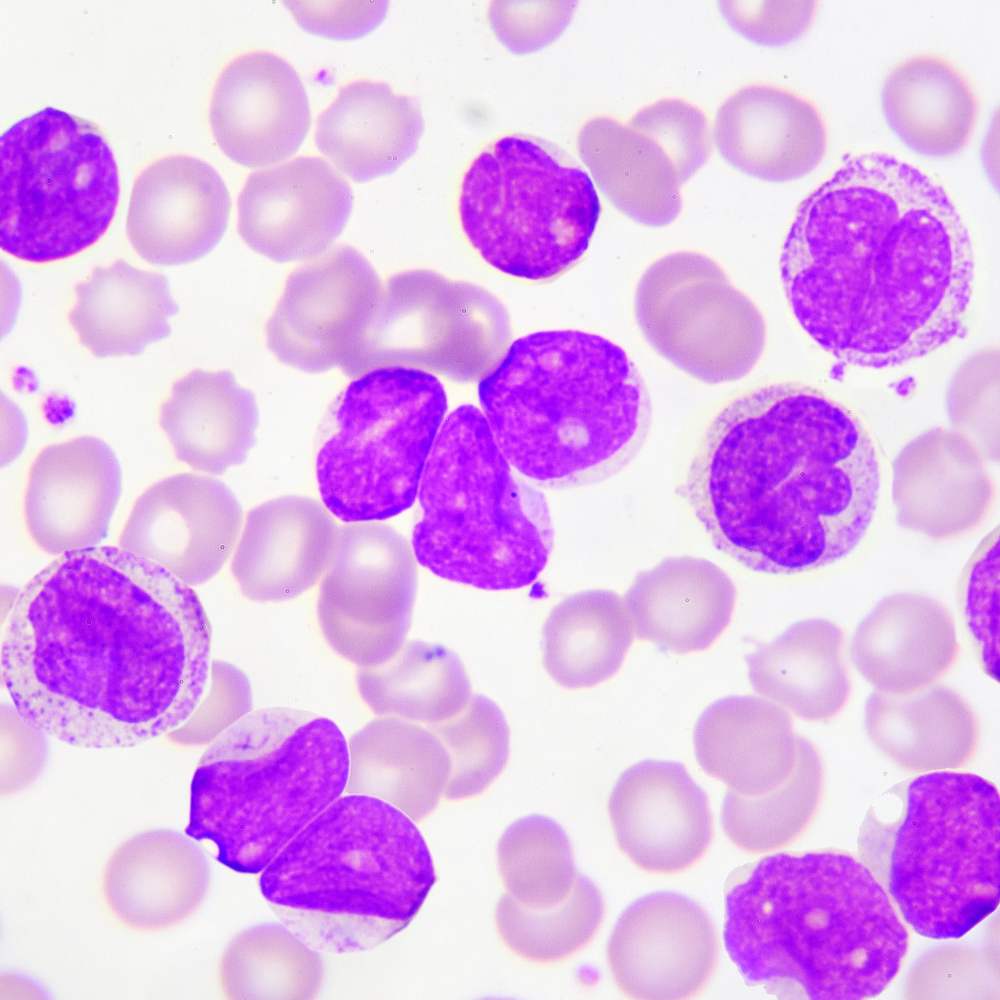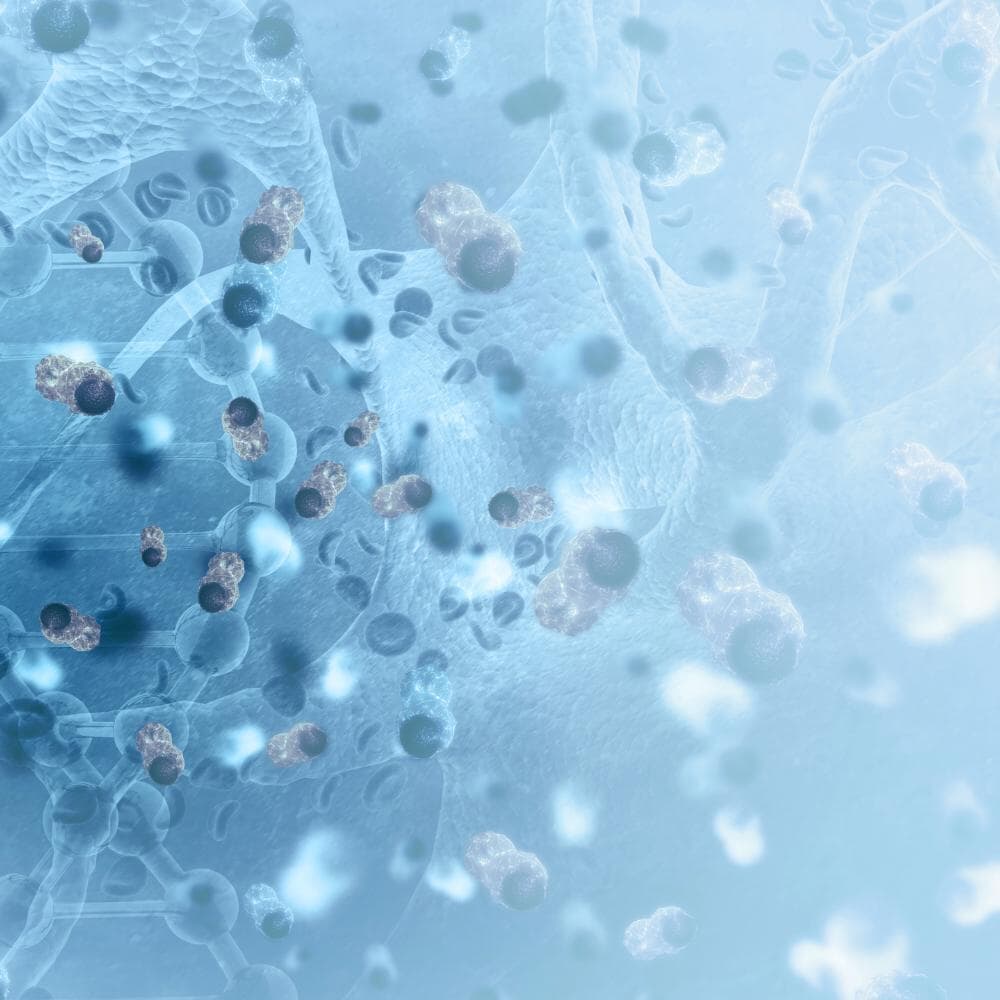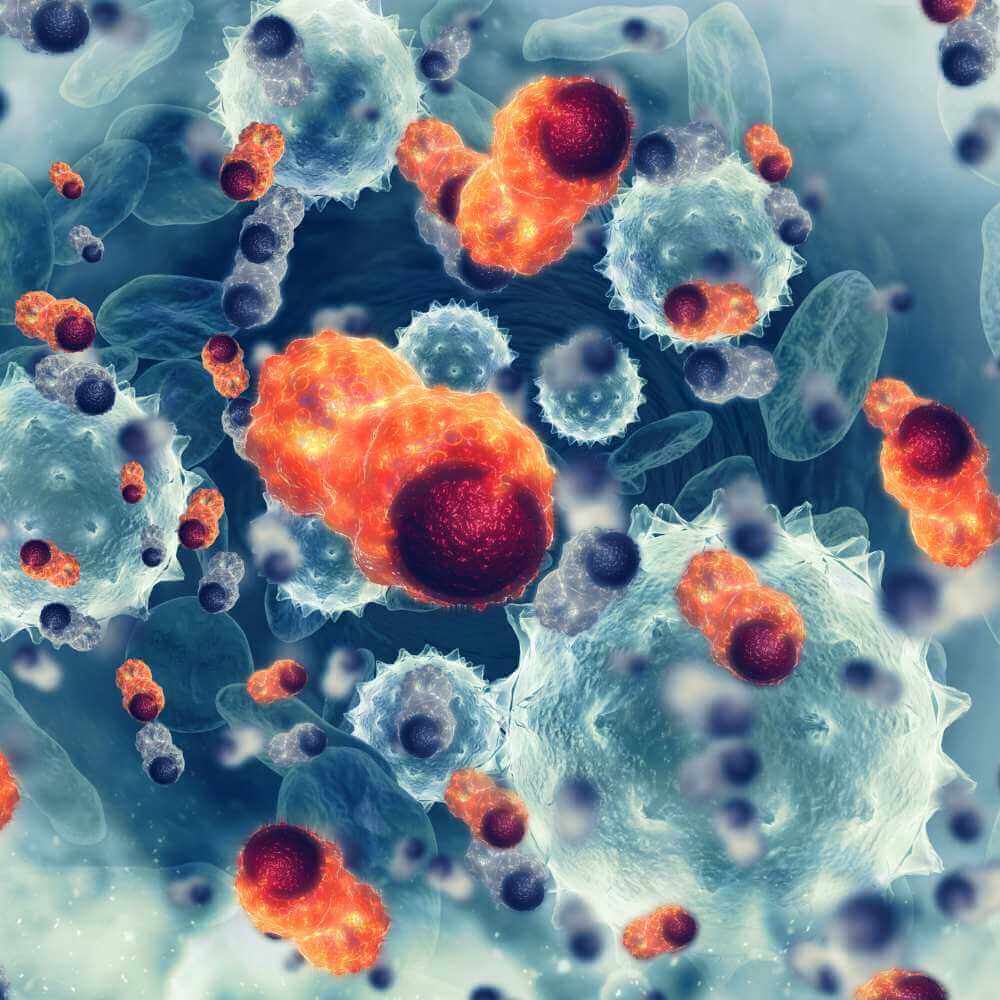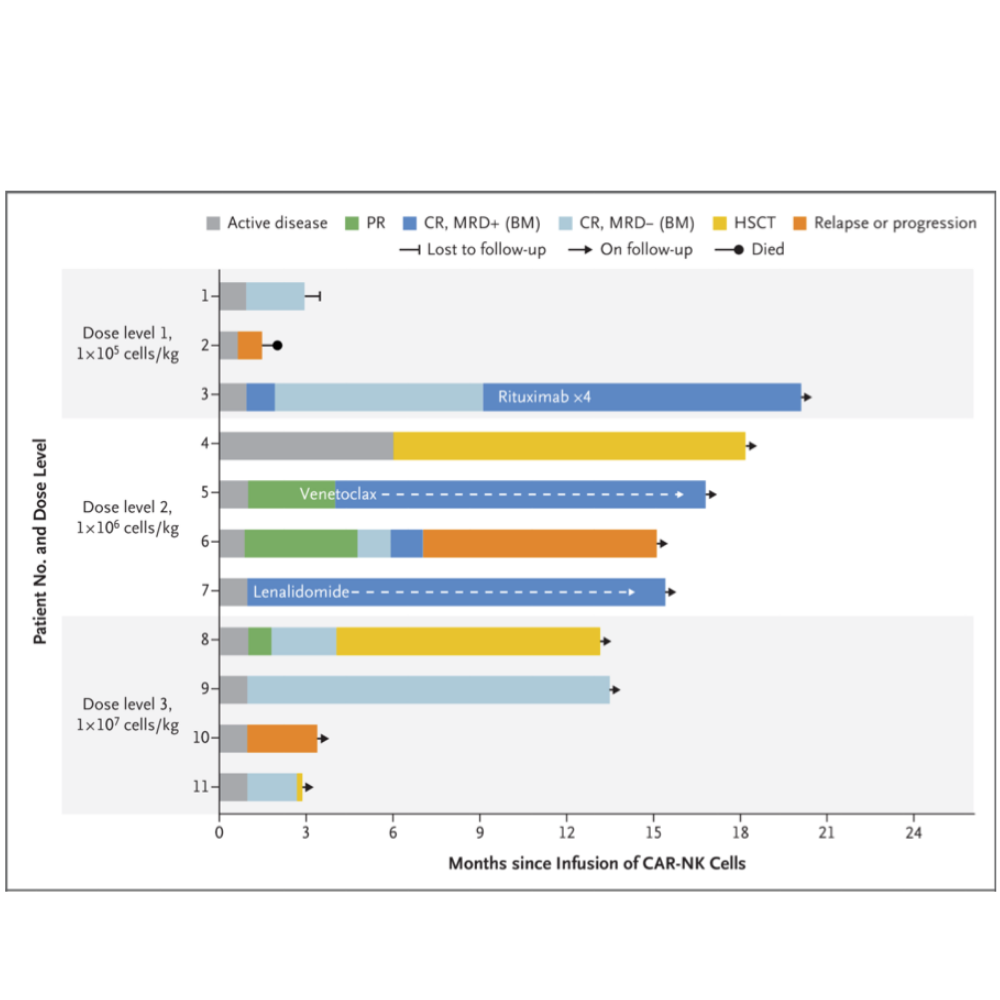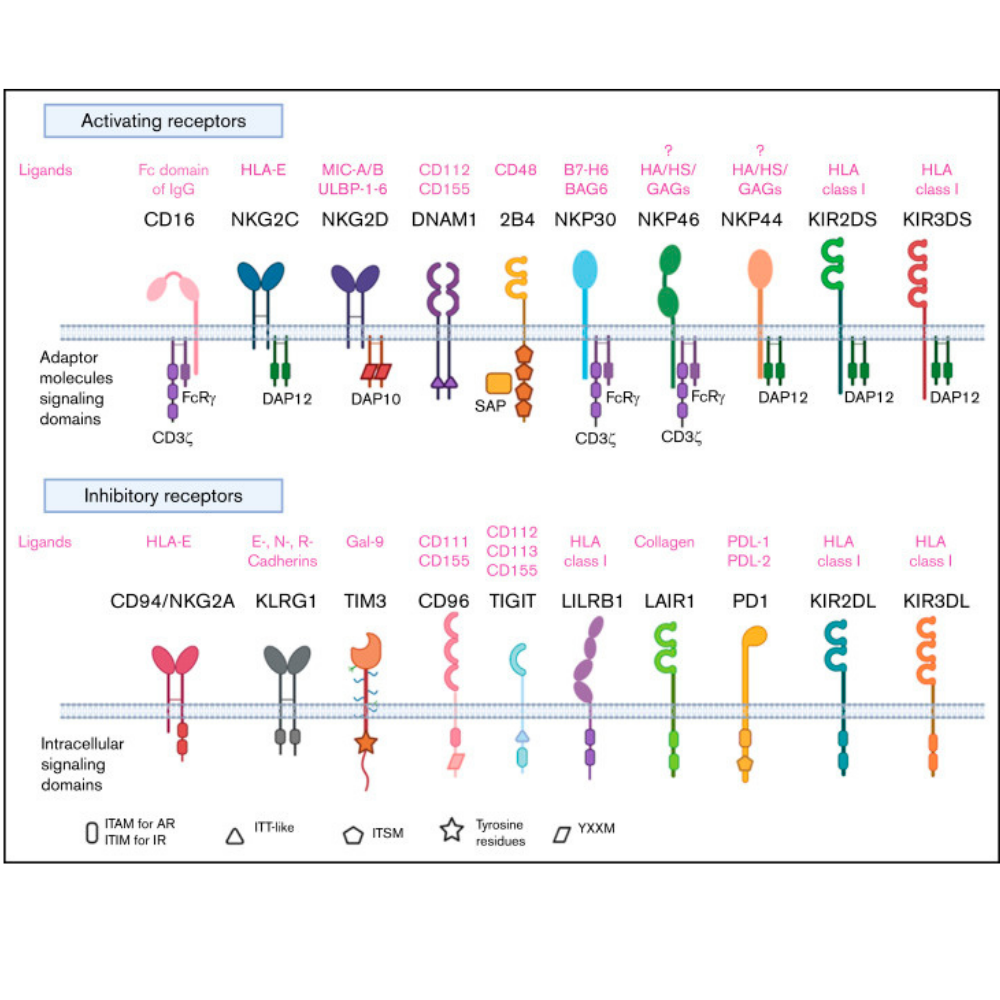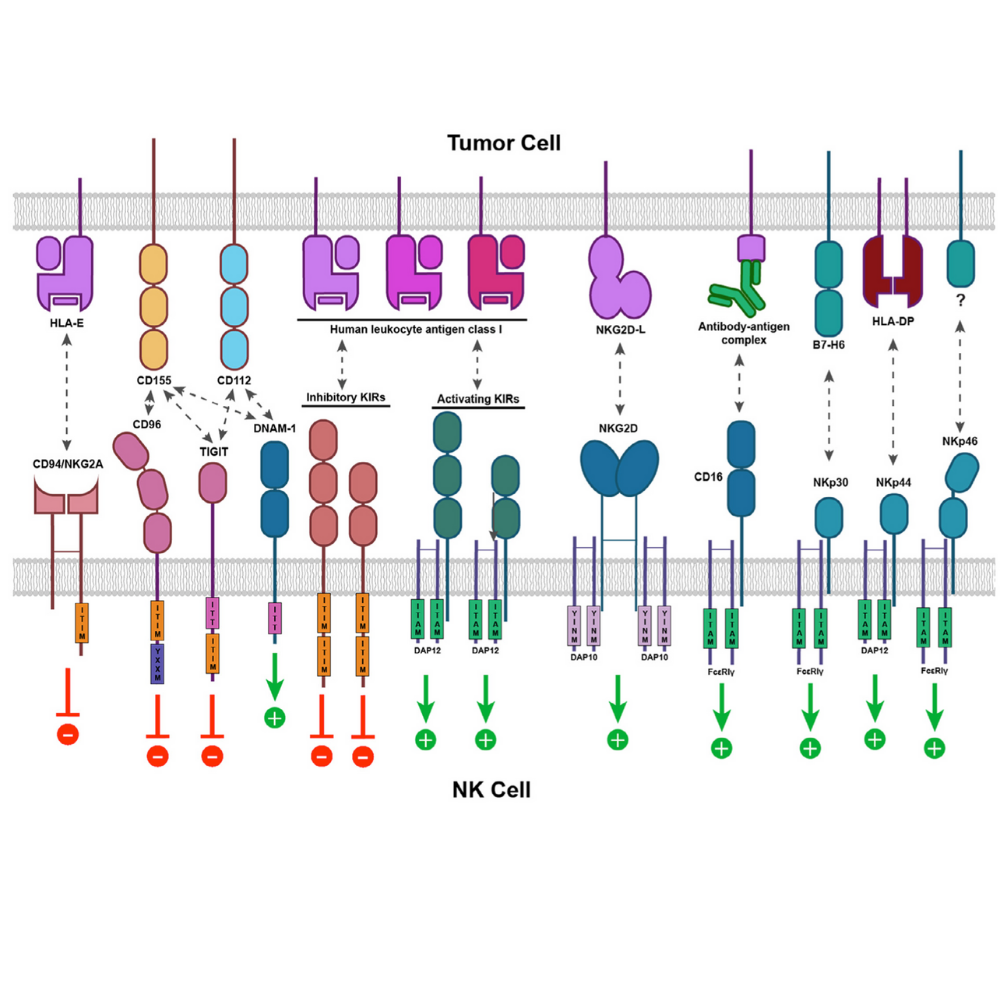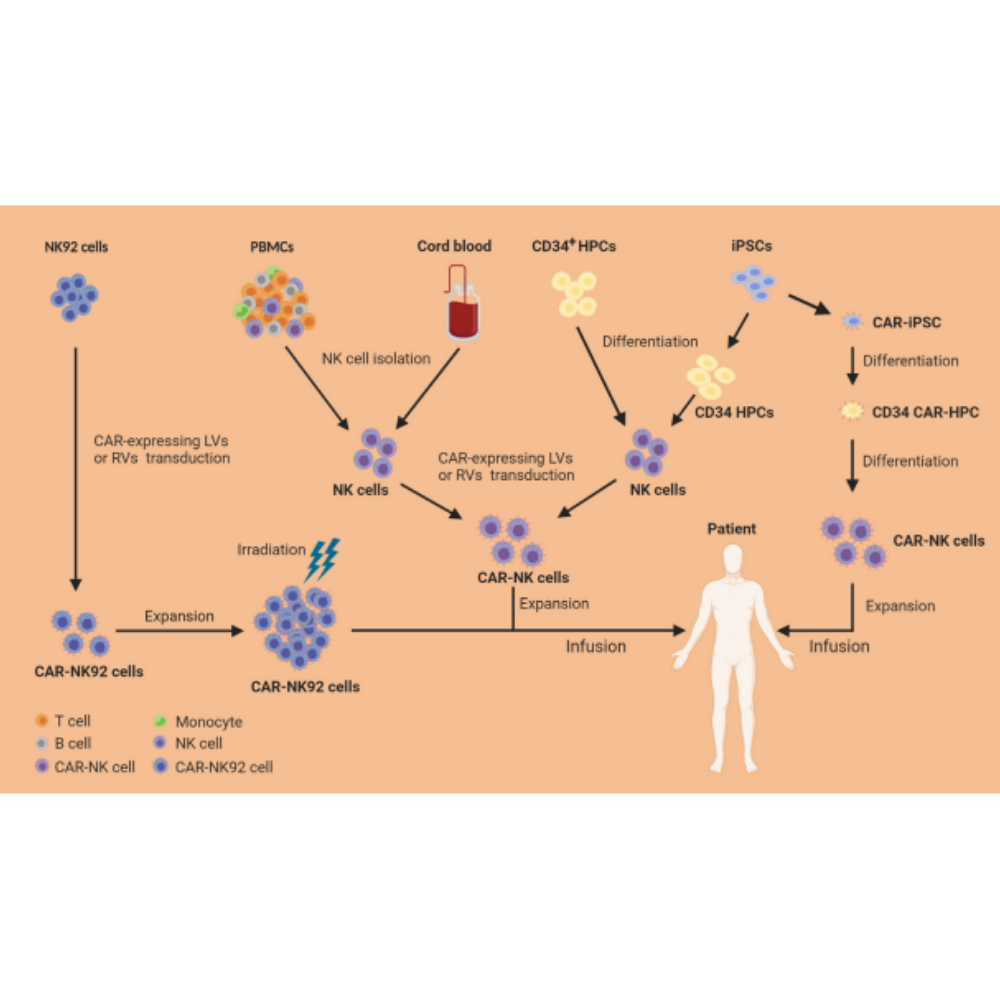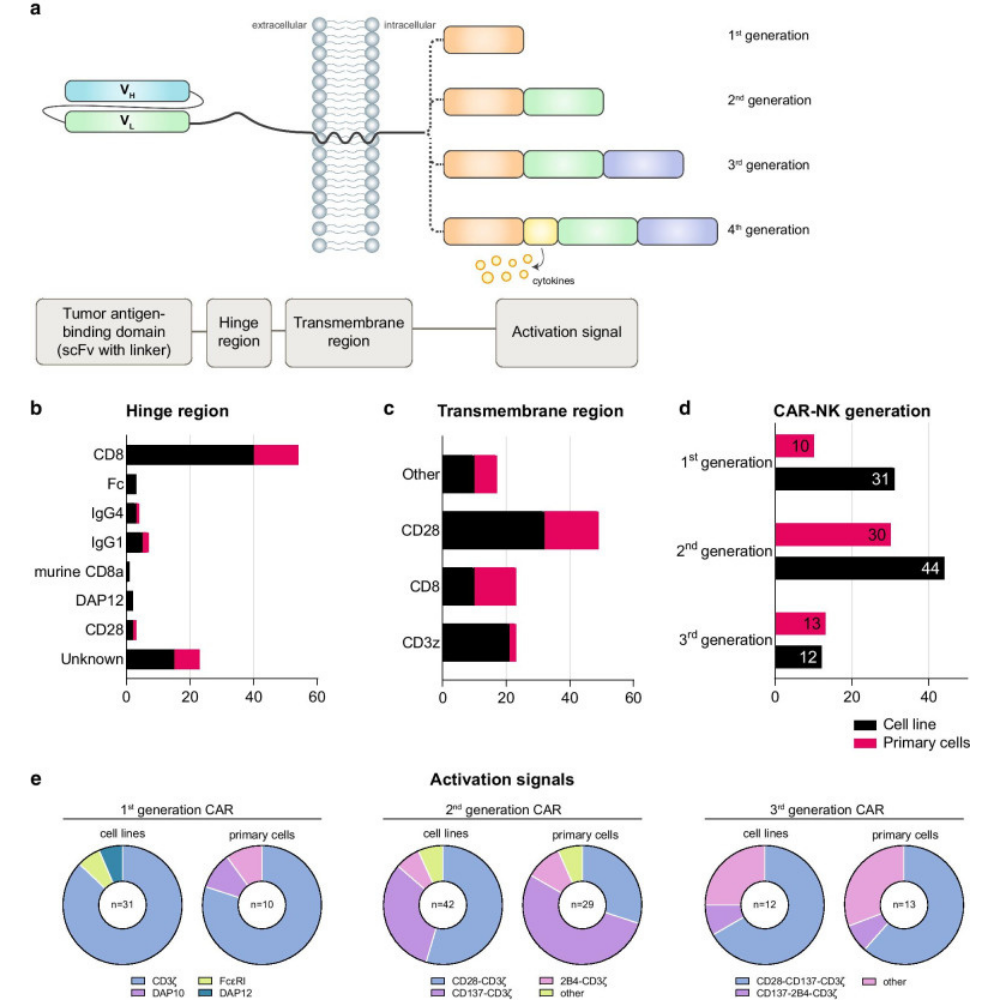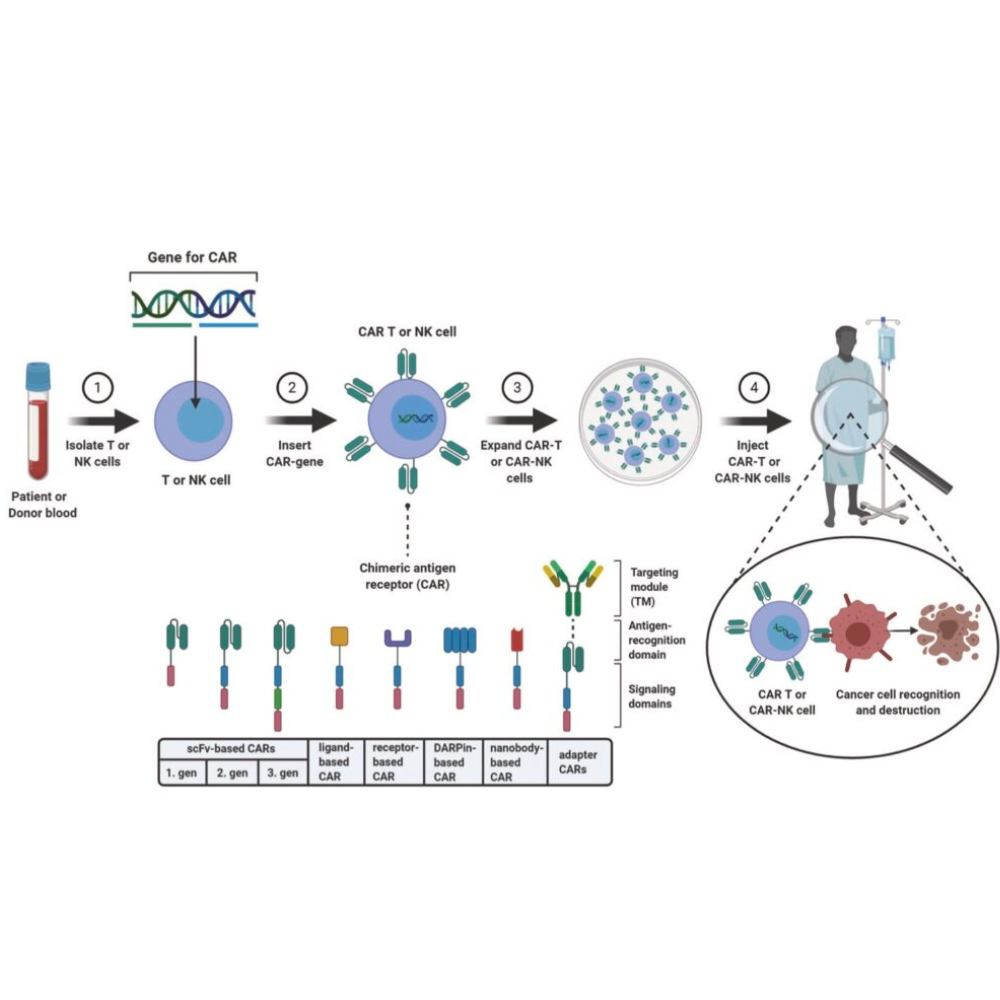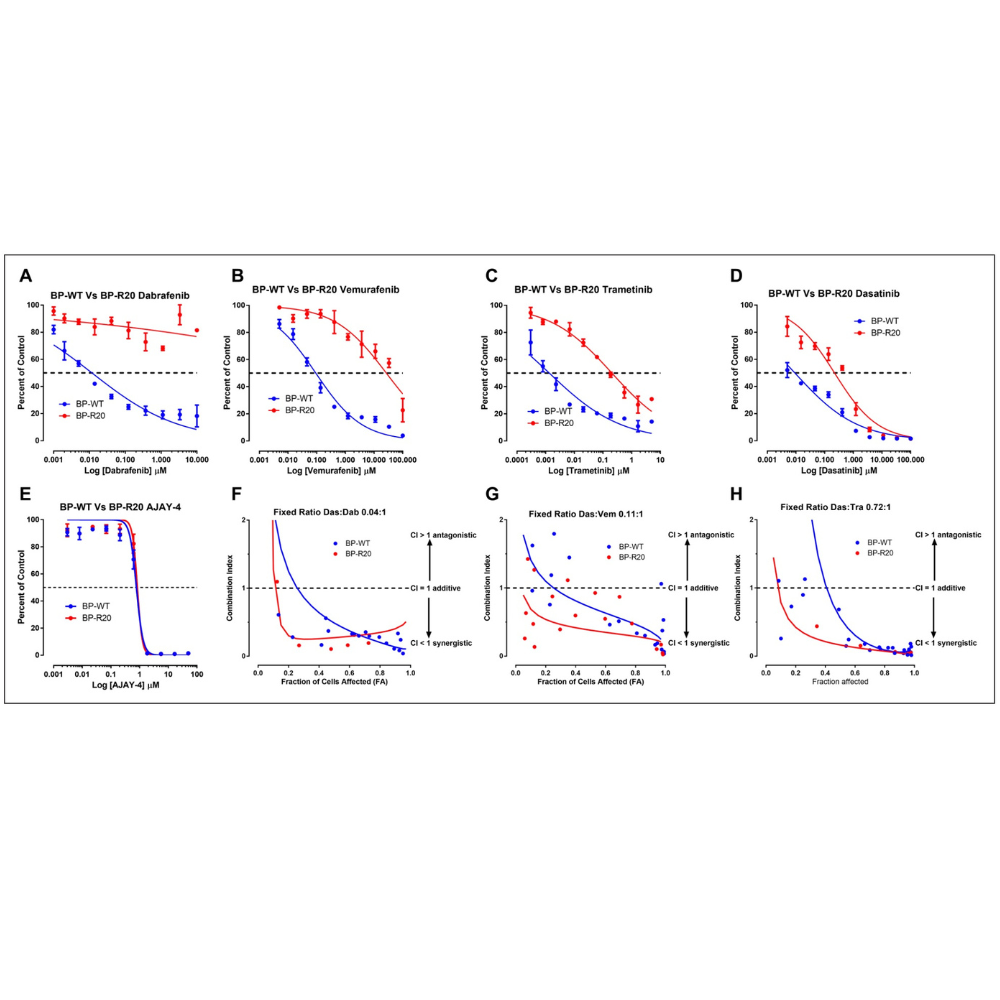Scientific Proof
CAR -NK Therapy
To understand CAR-NK cell therapy, a brief history of immunology may prove helpful. An antigen is either a toxin or disease agent or unhealthy cell (as in cancer), that triggers an immune response.
An antigen is a protein structure on the surface of the cell. These antigens serve as an identification signal. When a foreign antigen is detected in the body, either from a virus or a mutated cell (as in cancer), it triggers an immune response.
The body then produces white blood cells to attack the agent. It does this by binding to it with the use of antigen receptors on the surface of the white blood cells, or lymphocytes. Only then does the body produce antibodies to destroy the foreign or diseased agent.
The problem is that immune cells such as NK cells, are not always able to recognize and eliminate cancer. Therefore, to increase a patient’s immune levels, medical specialists collect blood, harvest NK cells, and add specific antigen receptors to the surface of these cells. Then, they inject the cells back into the patient via blood transfusion, where they multiply and can attack the cancer, either with or without the aid of additional therapies.
Thanks to the antigen-receptor, the immune cells can recognize specifically their target. By knowing which proteins (antigens) to look for, the modified NK cells can hunt them down, attack, and destroy them throughout the bloodstream.
With CAR-NK Cell Therapy, a patient’s (or the donator’s) NK cells are modified within a laboratory, so that they can find and attack cancer cells. Natural killer cells that have been genetically altered into CAR-NK cells function as the immune system’s guardians when they are administered to patients.
How to Make CAR-NK Cells?
CAR-NK cells are created via a careful process. First, the blood is drawn from the patient or taken from other sources. In the laboratory, the blood is fed into an apheresis machine. This device separates out the white blood cells, NK cells included. Those harvested cells are then introduced to a gene that manufactures the chimeric antigen receptor into the DNA of each cell. Lab workers then grow millions of these genetically modified cells. Once they have enough, they harvest the cells, freeze them and deliver them back to the patient via transfusion.
Both these NK cells, plus the ones subsequently manufactured by the patient’s body, can then bind to and attack the cancer cells.
If you want to know more about the CAR-NK Cell Therapy offered by the F3nix Institute, fill in the contact form.
We believe in Healing Cancer from Within.
CAR-NK Cell Therapy: A New Hope for Stage 4 Brain…
Stage 4 brain cancer, known as glioblastoma multiforme (GBM), is a highly aggressive and challenging form of cancer with limited therapy options and poor survival rates. Traditional treatments, including surgery,…
Understanding Prostate Cancer Stage 4: Advanced Insights and Emerging Therapies
Stage 4 prostate cancer, known for its metastasis beyond the prostate gland, presents significant challenges in clinical management. This article explores the complexities of this advanced stage, including its characteristics…
Innovative Therapies for Stage 4 Pancreatic Cancer: Hope on the…
Stage 4 pancreatic cancer remains a formidable challenge, often leaving patients and their families in search of new therapies. Recent advancements in medical research are now offering new avenues of…
Unlocking New Hope: Immunotherapy for Lung Cancer
Lung cancer remains a formidable challenge, but immunotherapy offers new hope by harnessing the body's immune system to combat cancer cells. Traditional treatments like surgery, radiation, and chemotherapy often fall…
Is Leukemia Cancer Curable? Exploring Advances and Hope for Patients
Leukemia, a blood-forming tissue cancer, has seen significant research and advancements in recent years. This blog explores the curability of leukemia by examining its nature, types, symptoms, and cutting-edge treatments,…
Can Immunotherapy Cure Stage 4 Cancer? Exploring the Promising Horizons
The fight against cancer has seen remarkable progress with immunotherapy, which empowers the body's immune system to combat cancer cells. Can it cure stage 4 cancer? This blog explores this…
Innovative Cancer Care: The Promise of CAR-NK Cell Therapy
The world of cancer care is continually evolving, with innovative therapies emerging to improve patient outcomes. One of the most promising advancements in immunotherapy is CAR-NK Cell Therapy, which uses…
The Power of Immunotherapy for Cancer: Exploring CAR NK-Cell Therapy
Discover the revolutionary potential of immunotherapy in cancer treatment with our latest blog post on "The Power of Immunotherapy for Cancer: Exploring CAR NK-Cell Therapy." This cutting-edge approach leverages the…
Unleashing the Power of Natural Killer Cells: A New Horizon…
Discover the transformative power of Natural Killer (NK) cells in cancer therapy. This blog post delves into the innovative use of CAR NK-Cell Therapy, which harnesses the body's own immune…
Use of CAR-Transduced Natural Killer Cells in CD19-Positive Lymphoid Tumors
Unlock the potential of CAR-transduced natural killer (NK) cells in treating CD19-positive lymphoid tumors with our latest study. Explore the infusion of CAR-NK cells derived from cord blood, showing promising…
Next-generation cell therapies: the emerging role of CAR-NK cells
Next-Generation Cell Therapies: The Emerging Role of CAR-NK Cells explores the transformative potential of chimeric antigen receptor natural killer (CAR-NK) cells in cell therapy, particularly for treating recurrent or refractory…
CAR NK therapy attacks cancer quickly
Natural killer (NK) cells, a crucial part of our immune system, patrol the body for abnormal cells like cancer and destroy them. However, cancer cells can evade detection, making NK…
CAR-NK cells: A promising cellular immunotherapy for cancer
Natural Killer (NK) cells and CD8+ cytotoxic T cells are vital immune cells capable of destroying target cells through similar cytotoxic mechanisms. The success of chimeric antigen receptor (CAR)-engineered T…
Chimeric antigen receptor natural killer (CAR-NK) cell design and engineering…
Chimeric antigen receptor natural killer (CAR-NK) cell design and engineering for cancer therapy Summary Natural killer (NK) cells are specialized immune cells that can be genetically manipulated to produce capable…
Current status and perspective of CAR-T and CAR-NK cell therapy…
Explore the advancements and challenges of CAR-T and CAR-NK cell therapy trials in Germany. Chimeric Antigen Receptor (CAR) therapies are emerging as revolutionary immunotherapies for hematological diseases. This blog delves…
Synergistic Drug Combinations Effective against Patient-Derived and Drug-Resistant Melanoma Cell…
Discover groundbreaking advancements in melanoma therapy with our latest research on synergistic drug combinations. This study delves into the development and validation of growth inhibition assays for six patient-derived melanoma…



